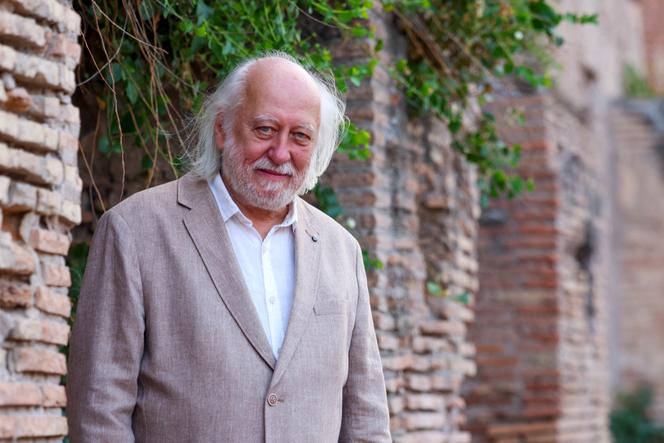


While the work of Hungarian author Laszlo Krasznahorkai, recipient of the 2025 Nobel Prize in Literature, stands on its own as one of the most significant today, this honor also highlights, after the same award was given to Polish writer Olga Tokarczuk in 2019, the dynamism of Eastern European fiction.
Widely known in the English-speaking world, Krasznahorkai's works already received the prestigious International Man Booker Prize in 2015, which is often seen as a stepping stone to the Nobel. His works include Satantango (1985), which established his reputation in Hungary, Seiobo There Below (2008), Baron Wenckheim's Homecoming (2016) and Spadework for a Palace (2018).
Born in 1954 in Gyula, near the Romanian border in Transylvania, into a family of law experts considered bourgeois and thus frowned upon by the authorities, Krasznahorkai did not leave Hungary until 1987, when he moved to Berlin. The fall of the Iron Curtain led him to travel the world. He spent long periods in Asia during the 1990s, drawing from a wide range of interests and sources of inspiration. After years of wandering and living, like his friend and compatriot, 2002 Nobel laureate Imre Kertesz (1929-2016), in the German capital, he settled for a time in Trieste, Italy, seeking to escape the atmosphere created by the government of Hungarian leader Viktor Orban.
You have 70.68% of this article left to read. The rest is for subscribers only.
